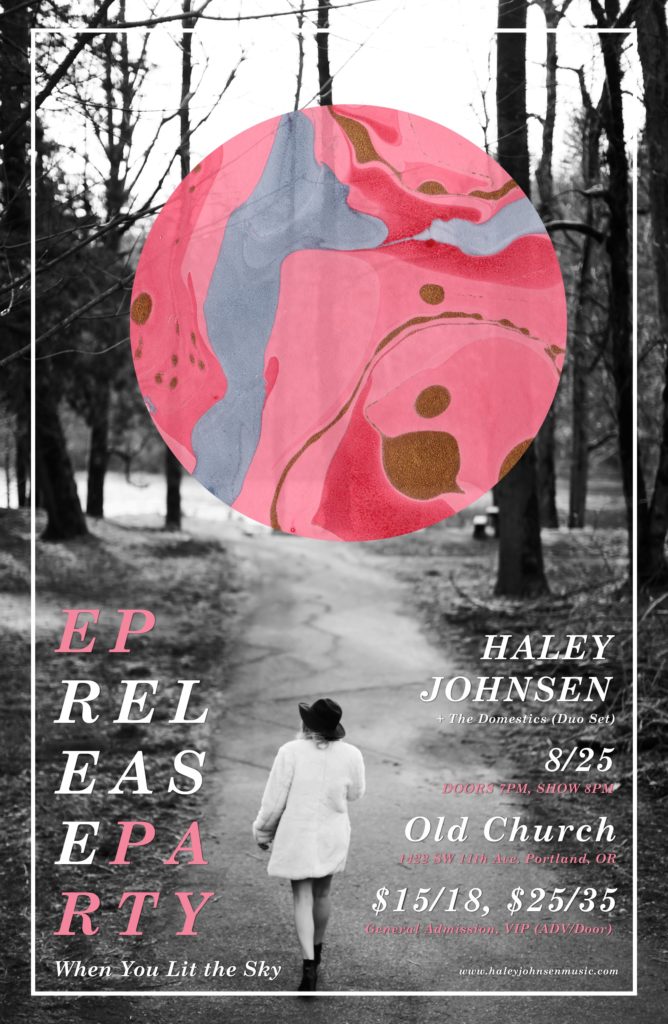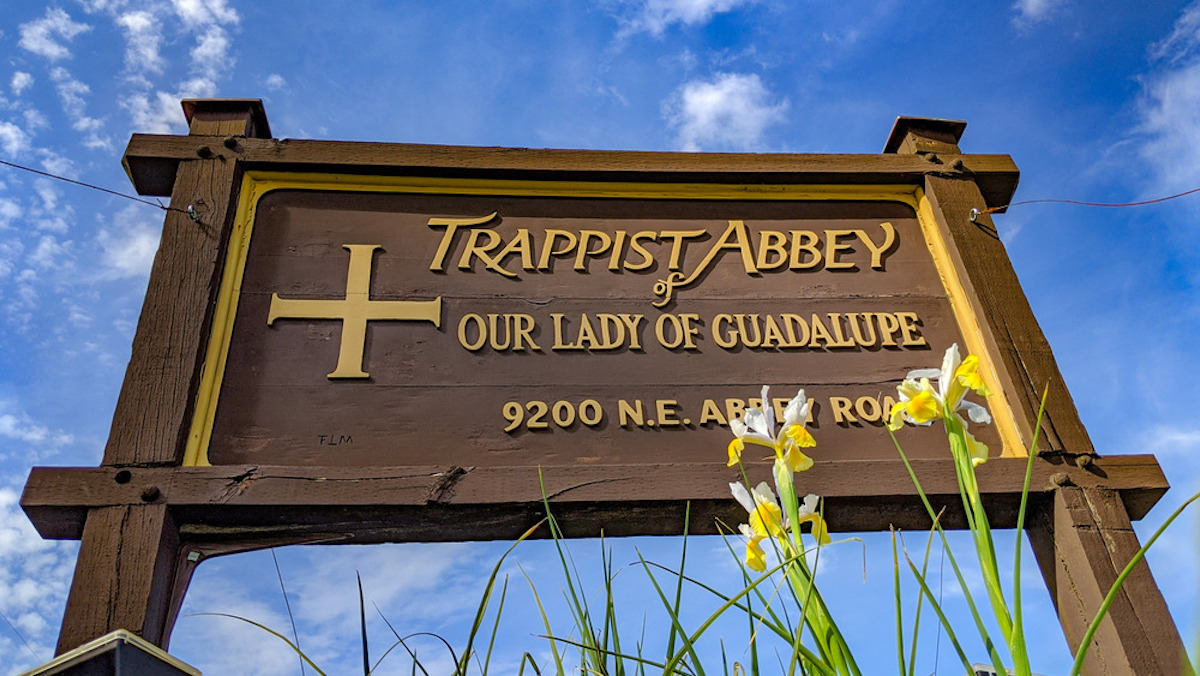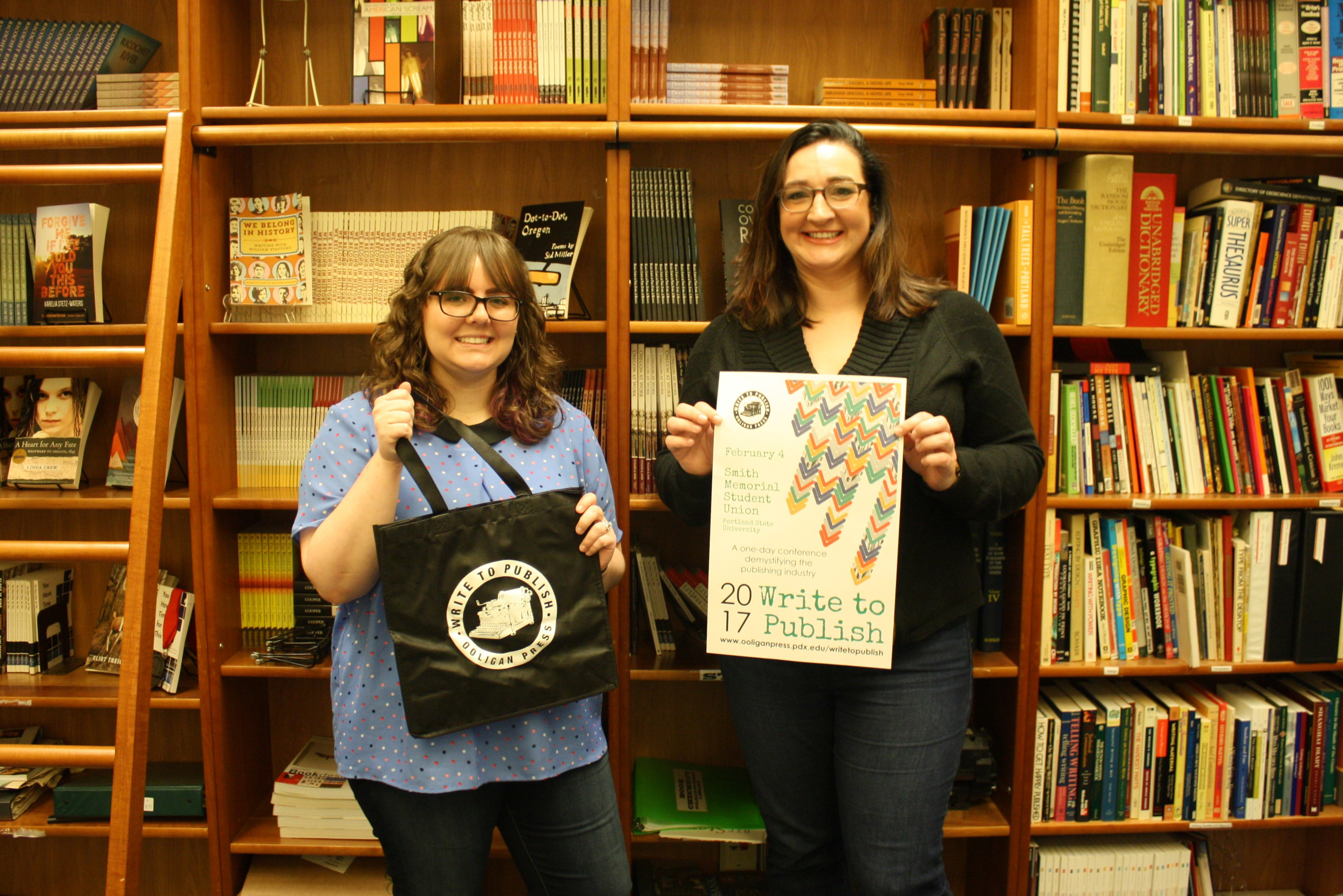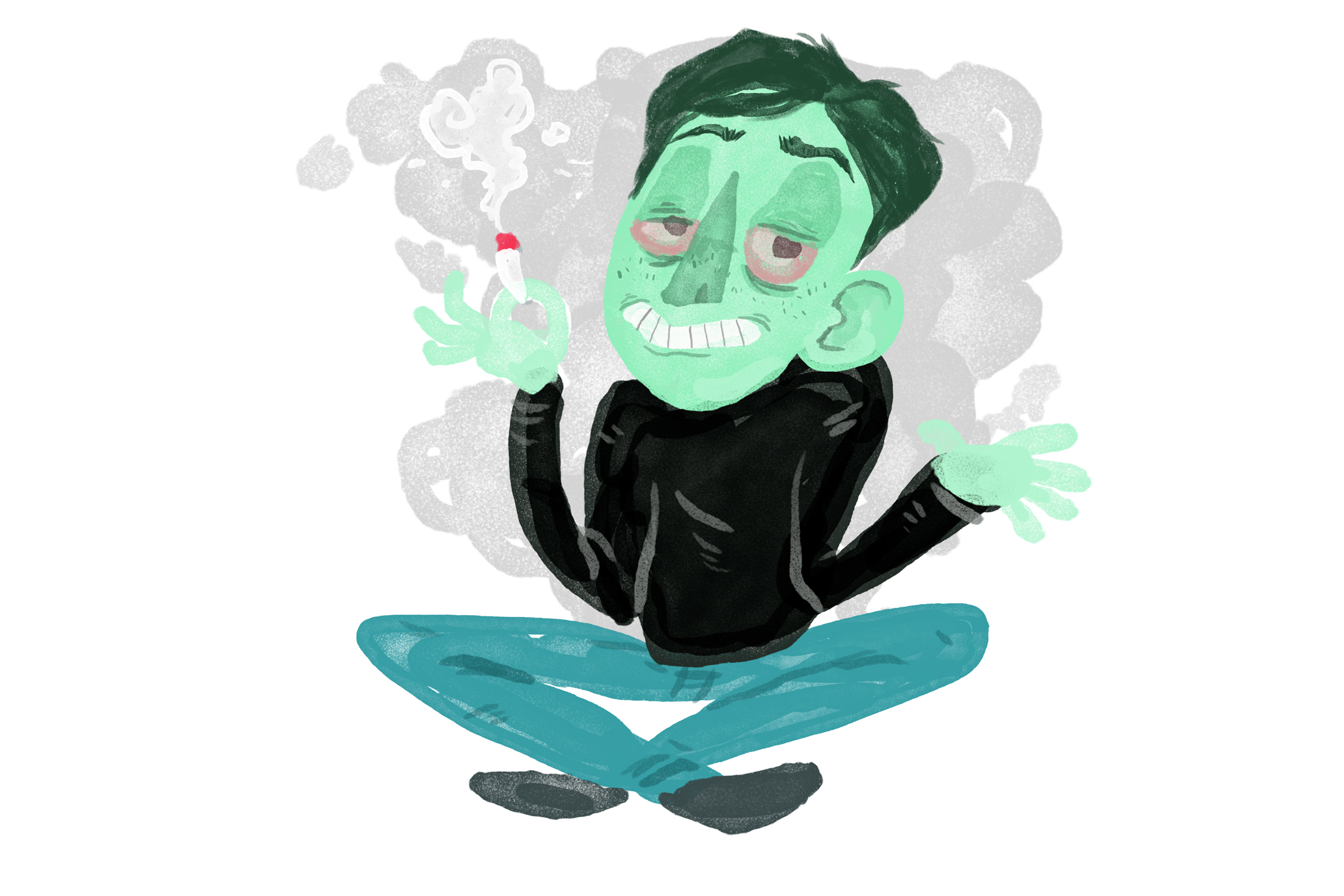After my misty eyes beheld eclipse totality, I am happy to weather the traffic, one homemade porta potty, and the dense-and-poorly-managed makeshift campground disaster all over again. It is worth it for another two minutes of soul-stirring awe.
Camping in Madras
I arrived in Madras, Oregon on Saturday, Aug. 19 at 7:30 p.m. before the big day of the 2017 eclipse. Due to the chance of clear skies on Monday morning, Madras had been expecting some of the biggest crowds in Oregon’s history for its solar eclipse festival, SolarFest, along with accompanying campground SolarTown. The Statesman Journal reports that over 5,000 campgrounds, some accommodating up to 10 people each, drew eclipse chasers from 39 countries and all 50 states.
Already a sea of moms and dads, kids, young couples and older individuals crowded the plastic linked fence along Highway 26 with their phones above their heads snapping pictures of the sky. Madras’ sunsets did not disappoint: Layers of peachy pink and yellow silhouetted a giant, crystal-clear Mount Jefferson to the east and across the brown, billowing desert grasses and deep canyons of the Warm Springs Native American Reservation.
Though my husband and I did not encounter any traffic driving the 120 miles east from Portland, it was clear that would not last through the long weekend. The dusty rural roads leading into the one open campground entrance choked up with school bus shuttles, 40-foot-long motor homes, and cars packed to their ceilings with bags, tarps, tents, and coolers as we approached.
A chaotic though patiently-executed team of local high schoolers and National Guard officers directed traffic and managed camp reservations for those crawling into the temporary campground. Hot semi-truck showers, porta-potties with handwash stations, food carts, and spacious news station campsites scattered along the mile-and-a-half we drove to my family’s reserved spot.
Depending on when one booked, some campsites were as cheap as $300 for a 5-day block. Split among 10 people, $6 a night far outweighed the appeal of thousand dollar hotel rooms. Back in April, several sold-out Redmond hotels had told the Vanguard that rooms were going for $900 or more during eclipse week. Since then, travelers have reported their rooms being cancelled before hotels demanded hundreds of dollars more per night.
Despite the price tag, I was immediately disappointed we would not be able to enjoy the deep quiet and soft wind of the Oregon high desert night in such a metropolitan campground. While the bustling of happy drunks and excited kids did not thwart my falling asleep, a racket of barrelling semi trucks and motorists eager to honk their horns at Madras’ weekend intruders jerked me awake several times throughout the night.
Science, travelers, and Indigenous art
I could not start my morning livestreaming and tweeting about SolarTown without coffee. Unfortunately, I had convinced my husband not to purchase instant coffee because I figured Madras would have some nearby. Now that our car was a mile and a half deep into the campground, however, and cars had been lining up to get in all night, there was no way we were going to weather the traffic to downtown and back.
What a mistake.
The minute our choice of the two available coffee carts opened up, a sixty-person line had formed in front of us. Each drink was made with a two-spout espresso machine weathered by uncaffeinated baristas (one said she hadn’t had a moment to drink any coffee, but here’s hoping the tips were worth it). I waited two hours for my Americano, and by then I was both hungry, grumpy, and eternally grateful for my scalding drink.
I found dozens of telescopes lining the alleyways, manned by amateur astronomers and science professors alike. Dr. Jennifer Kirkey of New Westminster, British Columbia, and chair of physics at Douglas College, brought two telescopes and a homemade pinhole scope to share with visitors. Kirkey explained that viewers could see such a clear image of the sun and its five sunspots because her scope picked up the red Hydrogen Alpha spectra line, which is the best for viewing the sun.
Kirkey beamed and said, “We’re very pleased with the sunspots.” Kirkey’s friend, a self-proclaimed amateur astronomer and member of the Royal Astronomical Society of Canada, explained that the sunspots appeared dark because they were 1000 degrees cooler than the sun’s surface. “The sun is actually gaseous,” they explained, “so sunspots are just balls in the magnetic field that happen to be cooler.”
One telescope viewer, in awe, proclaimed, “People who believe in the eclipse also probably believe Obama was born here.”
The big Two Minutes
On Sunday evening after SolarFest, it took us three hours to drive less than five miles back to SolarTown. On the way we were smart enough to stop at Safeway for instant coffee.
Monday morning sounded eerily quiet. The lines for food and coffee had been cut in half, and a few straggling campers offered their extra eclipse glasses to others in need. Enthusiasts adjusted their telescopes while sipping coffee. The Leopard Lounge was empty. A collective skipping heartbeat seemed to rise from each tent and camper.
Around 9 a.m. the grounds bustled and announcements of “first contact” whispered between campsites. Seeing a teeny bite taken from the orange sun through the eclipse glasses was every bit as amazing as NASA told us it would be.
I whisked through the tent sites to peer through telescopes and take covert pictures of people staring at the sky through metallic-sheen goggles. Every few seconds I stopped to revel at the sky. A family that had traveled from India for their second eclipse since 1991 let me peer through one of their four telescopes. A 7-year-old named Eva showed me crescent moon shadows from the holes in her red plastic colander.
Near 10 a.m. my husband and uncles and I rushed the mile to the center field—usually empty, now packed with campers unaware of their surroundings aside from the sky. For the five minutes leading up to totality, solid quiet alternated with cheers and clapping.
Then there was screaming.
We ripped our paper eclipse glasses off and looked at the sun. Now it was purple and yellow, with a big black hole in the middle. The sky looked water–colored, then it went dark purple. Mount Jefferson beamed gray and white in the distance. Professional skydivers floated in the sky above the Madras airport. Our hearts were beating fast.
And then, as soon as it happened, it was all over.
I think, for two minutes, we all suddenly felt so small and so powerless in the face of the real-magic universe that we needed to embrace each other. I high-fived two crying college boys. I hugged my overwhelmed uncles. A child threw a plastic chair on the ground and shouted, “That was the best thing ever!” Overwhelmed with a collective feeling of cosmic insignificance, we were safe in each others’ presence—an unusual feeling these days, in this country.
Eclipsocalypse strikes
Moments after totality passed, a line of cars formed in the camp’s corridors to beat the traffic home, back to the real world. The plastic-link fence holding crowds back from the sunset Saturday evening were cut by rebels and cars skidded onto the highway. Our next door neighbor from Minneapolis exclaimed, “The eclipse isn’t even over! Why are people leaving?”
In the next three hours, several sirening police and ambulances weaved through traffic going west. My police scanner app announced a car fire, two people unconscious, a missing 9-year-old with Down’s syndrome, a robbed bank, and a few cases of heat stroke. Cars stayed in place for half an hour at a time.
However, as the expected chaos commenced, the scene at SolarTown was not as bleak as Willamette Week described of Big Summit Prairie’s Oregon Eclipse Festival. Waste trucks frequented the crowded porta potties seemingly every hour to empty the toilets and replenish tissue paper. Though piles of garbage did accumulate, campers respectfully stacked their trash bags and water bottles against porta potty stations. Litter was nowhere to be seen. Water trucks circled the perimeter of camp to spray the dirt and keep the dust down.
Though traffic buzzed around us, the atmosphere was peaceful. A third of campers had cleared out, but most remained at their sites to read, pluck guitars, or socialize.
When we finally decided to begin the trek home, I was glad to finally have a few moments of silence with Madras’ stunning landscape. We went off-route for a half hour before merging onto the dreaded highway, and reveled at the deep canyon dipping into the Deschutes River and long stretches of golden wheat farms and grey-green weeds.
Here we are again, back in the real world. Beautiful eclipse photos, some collected by our own Portland State students for NASA, surround us on the internet, but many of us refused to take pictures so we could keep our own personal images of outer space in our hearts.
I’ll be back outside for Eclipse 2024. It is to be seen if the feeling of camaraderie and affection for my fellow humans feels as unusual and overwhelming then as it did Monday morning.






